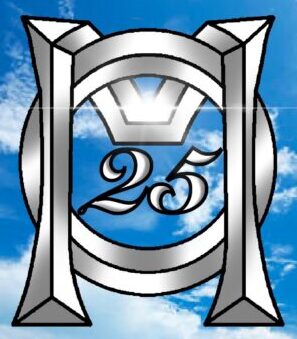Modern Day

The Gulf war 1990-1991
Coalition forces under United Nations started the gulf war. Iraq’s leader, Saddam Hussein, invaded Kuwait to take control of oil reserves and cancel Iraq’s debts owned by Kuwait.
Iraq’s invasion of Kuwait resulted in controlling over 40% of the world’s oil reserves and creating disputes in production. The crisis was post-cold war, and the US responded by gathering troops trained for many years.
The tension heightened when Iraq increased its hostility towards its debtors and threatened Saudi Arabia for exceeding the agreed oil exports by OPEC. First, United Nations established resolution 661, which banned trade with Iraq.
Rumours of war from Iraq resulted in creating code-name ‘operation desert shield’ in 1992, which sanctioned military forces to defend Dubai and force Saddam Hussein from Kuwait.
With Iraq’s military already in Saudi Arabia, the United States sent troops to Saudi’s defence. The US army was lightly equipped, but they deterred Saddam from attacking Saudi Arabia, which was poignant in instigating a war between Iraq and the US and its allies.
Iraq and the US had military personnel and experience, which resulted in the United States carrying out one of the largest deployments and allied troops in history since World War II.
The US, UK, France, and Canada are among several countries that committed troops and weapons to support Operation Desert Shield to save Kuwait.
The beginning of the war to eject Iraq from Kuwait started with naval and aerial attacks in 1991 and continued for the next five weeks. While the air offensive was ongoing, the naval was operating the gulf to deter Iraq’s army from running around the coastal area to clear Iraq’s submarines. The plan was to attack the enemy from all regions.
By February of 1991, the coalition military had reduced the threat of Iraq in the sea mines. However, continued attacks on US troops resulted in many casualties.
Coalition attacks defended Kuwait by taking back at least six divisions around the coastline.
The battle recognised the effectiveness of the air attack to halt the Iraqi military. As a result, more air attacks were assigned to work with grounded and navy forces to defeat Iraq. Several attacks resulted in the surrender of the Iraqi army.


Operation Restore hope 1992- 1993
Operation Restore Hope was established to restore humanitarian in Somalia, where US troops found their way into war-torn Somalia for peacekeeping duties.
Several Somalis were living in starvation after years of civil war. Together with United Nations, the US carried out activities that saved Somalians.
Bosnian War 1994-1995
Bosnia War was an international war that took place in Bosnia and Herzegovina. The war started in 1992 due to subsequent conflicts such as ethnic cleansing and massacre led by the army of Republica. The country suffered years of discrimination, especially against Muslims.
The prejudice and risks to human life resulted in intervention from the United States government to facilitate humanitarian aid and extended its role in peace proposals which failed, leading to attacks from UN troops in 1995.
The attacks pushed Bosnia forces to a peace agreement in November 1995, which commenced the same year.





